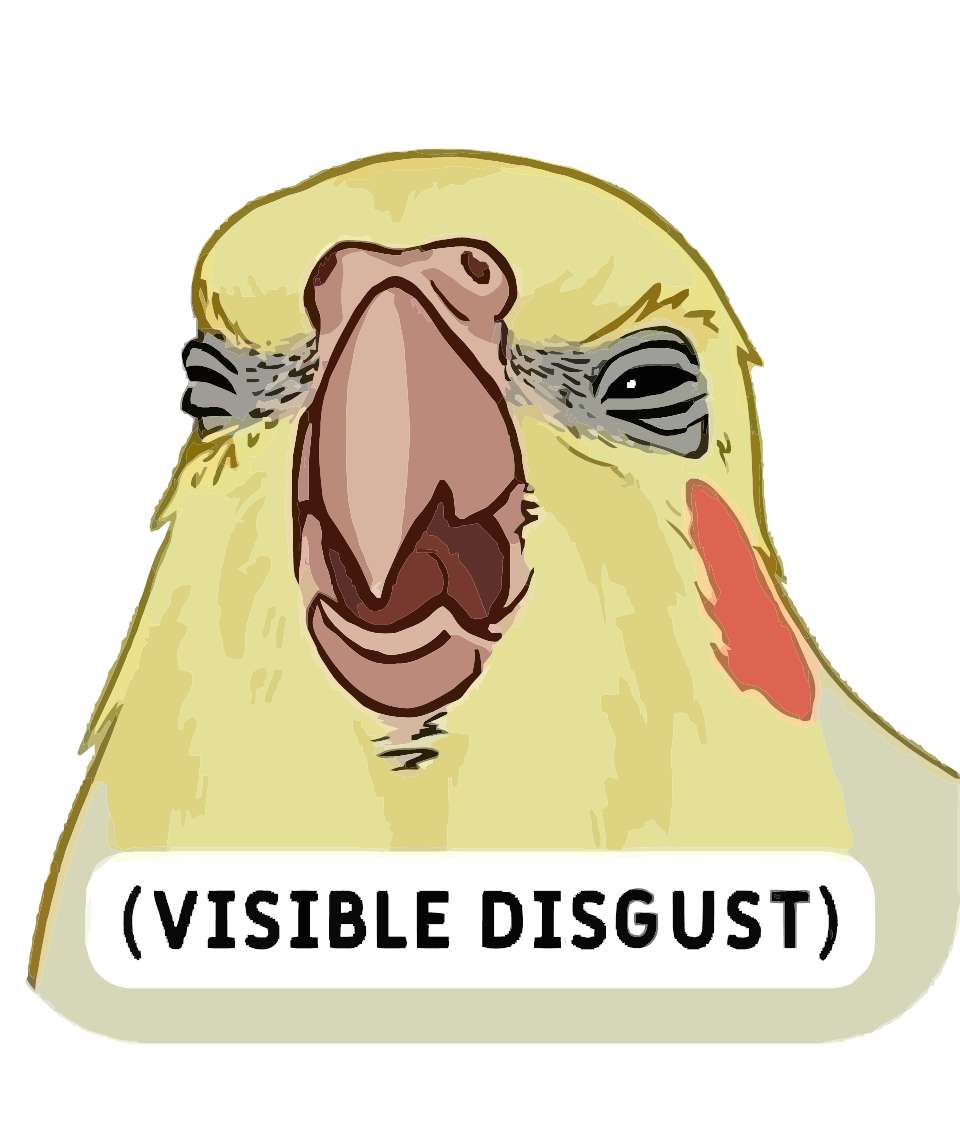so cute, spiders are some of the best
Kolibri
that was really helpful! esp. since like, I kind of glossed over that part a little bit.
Those were really interesting to read, thanks! I really like that letter to Lavrov from Engels. I really liked Engels fourth point/observations in that letter. and going to that entire letter. It kind of reminds me of like that base/superstructure stuff? and the like "struggle for existence" is kind of like that manifestation of the base of capitalism into the superstructure?
why is the pharmacy that I use, sending me ads all of a sudden. like 
Thanks and that was a really interesting read. I never knew of Marx visiting French Algeria.
That vid was pretty interesting, and the bookclub has read more than Darwin. Also doesn’t Marx dunk a lot on Malthus?
In a way like, besides colonialism, it seems like I dunno “proto fascism” can also be seen around like that time? Besides like Malthus, social darwinists, eugenicists, there was also like nietzsche to who gets describe as a proto fascist as well? Who was also alive at that time, except a little later I think?
Also that vid reminded me of like the tragedy of commons being taught in like biology classes, but meanwhile like it is a myth and debunked a lot.
good riddance
oh I like almost forgot, but that footnote with like Charles Darwin reminded me, that Darwin and Marx were both alive at the same time
also this is really cool
This power is due to co-operation itself. When the labourer co-operates systematically with others, he strips off the fetters of his individuality, and develops the capabilities of his species
I really like chapter 13, it like made a lot more things make sense or for things to click more. Like the means of production in common, or social relations or like social labor or social working day? I dunno it just, made it less abstract? Like I can see now what is more meant by social labor? esp. when Marx said this
Being independent of each other, the labourers are isolated persons, who enter into relations with the capitalist, but not with one another.
Moreover, this character of being necessary conditions of social labour, a character that distinguishes them from the dispersed and relatively more costly means of production of isolated, independent labourers, or small masters, is acquired even when the numerous workmen assembled together do not assist one another, but merely work side by side. A portion of the instruments of labour acquires this social character before the labour-process itself does so.
But it feels like in a way like, chapter 13 kind of like touches upon alienation? like right here
Their union into one single productive body and the establishment of a connexion between their individual functions, are matters foreign and external to them, are not their own act, but the act of the capital that brings and keeps them together.
also this was kind of funny
Strictly, Aristotle’s definition is that man is by nature a town-citizen. This is quite as characteristic of ancient classical society as Franklin’s definition of man, as a tool-making animal, is characteristic of Yankeedom.
 week 8!
week 8!
Some parts of section three reminded me of the reserve army of labor? Like when Marx was talking about glass being made. Like here
Also in section 5 with like the separation of science like here
that part and the rest of that section, sort of reminded me of like, Mao and others emphasizing the importance of practice and not just only theory? I dunno why that part reminded me of that. Also that part in section 5 on like education with that G Garnier person reminded me of like, schools in the united states being defunded and stuff.
Also sec 1 of chapter 15, some of it reminded me of like, those robotic arms we have today in places.